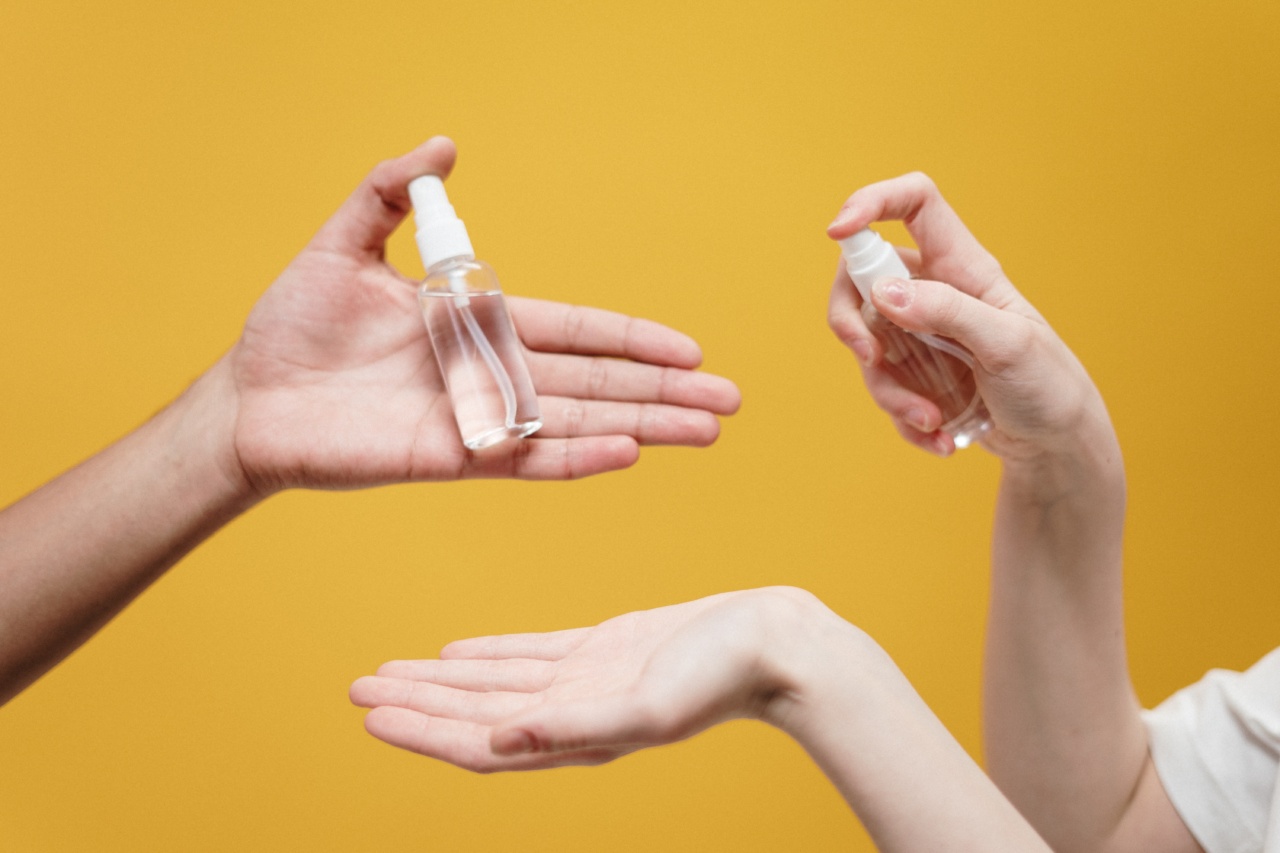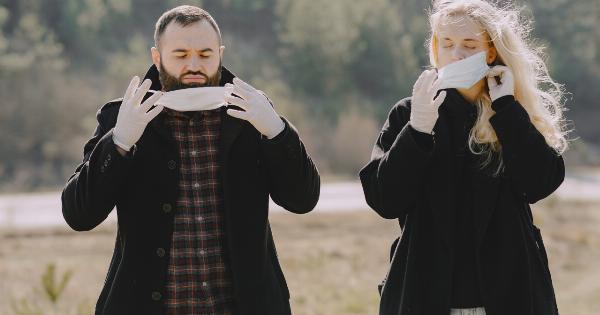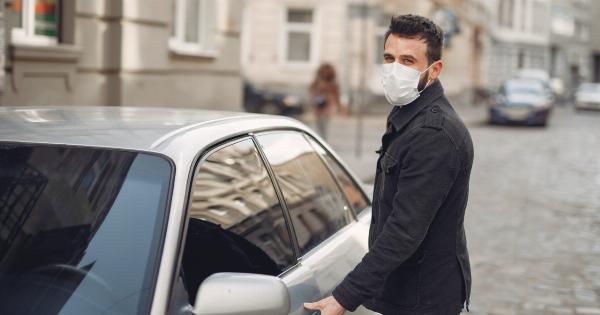Drinking alcohol has become a popular way of socializing and relaxing for many people. However, for those who suffer from allergies, consuming alcohol may be problematic.
Although alcohol may not be considered an allergen, it can worsen allergy symptoms and cause allergic reactions. In this article, we will explore the relationship between alcohol and allergies and determine whether it is safe to consume alcohol for people with allergies.
What are allergies?
Allergies are a reaction the immune system has when it mistakes a harmless substance as a dangerous intruder. Allergy symptoms can range from mild to severe and can include sneezing, coughing, itching, swelling, hives, or anaphylaxis.
Common allergens include pollen, insect stings, animal dander, foods, and medications. Allergies affect millions of people worldwide and can interfere with daily life.
Alcohol and allergies: what’s the link?
Although alcohol is not an allergen, it contains histamine and sulfites that can trigger allergy symptoms. Histamine is a chemical that our immune system produces in response to allergens but also can be found in some foods or alcohol.
Ingesting alcohol can cause the immune system to produce more histamine, leading to allergy-like symptoms such as sneezing, runny nose, headaches, and skin rashes. Furthermore, sulfites, which are often added to alcohol as a preservative, can also cause allergic reactions. Sulfites can trigger symptoms such as wheezing, shortness of breath, and stomach pain in sensitive individuals.
Is wine allergy a real thing?
Wine allergy, also known as wine intolerance or wine sensitivity, is a real condition that affects some individuals. Wine allergy is a result of an immune reaction to one or more components in wine, including grapes, yeast, sulfites, or histamine.
Wine allergy symptoms can be similar to seasonal allergies or more severe, such as shortness of breath, chest tightness, or anaphylaxis. People who are allergic or sensitive to wine should avoid drinking wine and opt for other alcoholic beverages.
What are the symptoms of alcohol allergy?
Alcohol allergy, also known as alcohol intolerance, is a rare condition that occurs when the body’s immune system reacts abnormally to alcohol.
Alcohol allergy symptoms can range from mild to severe and can include flushing, headaches, hives, nausea, vomiting, breathing difficulties, and low blood pressure. Alcohol allergy can be life-threatening and requires immediate medical attention. People who experience alcohol allergy symptoms should avoid alcohol consumption and seek medical help if needed.
What alcoholic beverages are safe for people with allergies?
For people with allergies, choosing the right alcoholic beverage can be challenging. Some alcoholic beverages contain more histamine or sulfites than others and may trigger allergy symptoms.
Beer and wine are usually high in histamine, while spirits are low. However, some spirits such as whiskey, tequila, and brandy can still contain sulfites. As a general rule, clear spirits such as vodka, gin, and rum tend to be less likely to cause allergy symptoms than darker ones.
It’s also essential to read the label or ask the bartender about the ingredients before consuming any alcoholic beverage.
How to minimize allergy symptoms when drinking alcohol?
If you have allergies and still want to enjoy alcohol, there are ways to reduce allergy symptoms. These include:.
- Choose clear spirits such as vodka, gin, or rum instead of beer or red wine
- Avoid mixers that contain allergens such as fruit juices or tonic water
- Avoid drinking on an empty stomach and eat before or during drinking
- Take antihistamines before drinking, but consult your doctor first
- Drink plenty of water to stay hydrated
- Avoid drinking too much alcohol, as it can worsen allergy symptoms and dehydrate the body
Conclusion
Alcohol and allergies can be a problematic combination for some individuals. Although alcohol is not an allergen, it can trigger allergy symptoms and cause allergic reactions due to its histamine and sulfite content.
People with allergies should choose the right alcoholic beverage and take precautions to minimize allergy symptoms when drinking alcohol. If you experience severe allergy symptoms after consuming alcohol, seek medical attention immediately.































